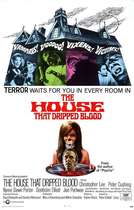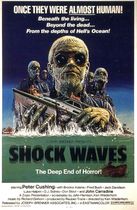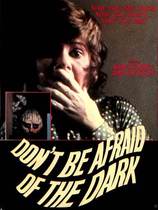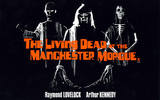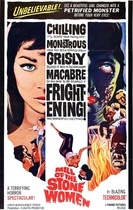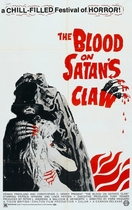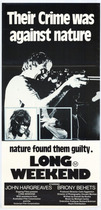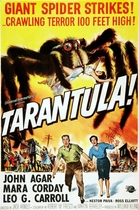From
1965 to 1973, Max J. Rosenberg and
Milton Subotsky's Amicus studios unleashed a string of high quality
anthology films that were inspired by the macabre morality tales
found in the pages of E.C. Comics. It's a format in which the company
would excel, as many of these features are now considered classics.
One of the studios finest portmanteau efforts is director Peter
Duffel's The House That Dripped Blood.
The film is extraordinary from start to finish thanks to its
exceptional writing, a star-studded cast, and a crew that enlivens
what is, for the most part, a stage-bound production.
The story begins as a police inspector is called in to
investigate the disappearance of Paul Henderson, an actor who had
moved into a house with a history of strange occurrences. From there
the film fractures into four tales which are related to the inspector
by the homes real estate agent. They go as follows:(read more...)


